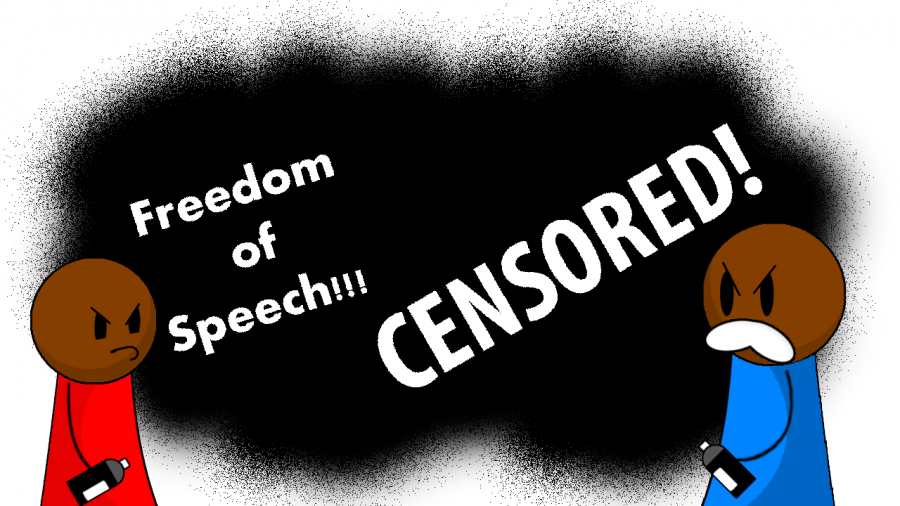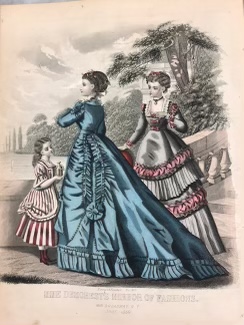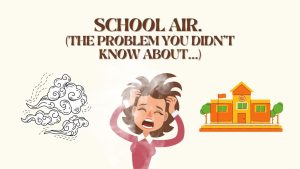New Voices Bill proposes to fight censorship, promote freedom of speech in student media
March 10, 2016
If the state Senate passes a new bill introduced on February 5, student journalists in Maryland might soon be able to decide for themselves what is appropriate for them to print.
The New Voices Bill was introduced by Democratic Senators Jamin Raskin and Jim Rosapepe and, if it should become law, will protect student journalists from administrative censorship.
“The difference between working in a legally protected environment and an environment without legal protection is night-and-day for journalism,” director of the Student Press Law Center Frank LoMonte said.
LoMonte has had a lot of experience with student censorship cases. He said that the SPLC hotline takes about 2,000 calls a year, and about 40 percent of those calls have to do with some kind of freedom of press issue.
“Nobody should have to go to school in daily fear of being punished just for questioning the performance of a government agency like a public school,” LoMonte added.
With the protection of the bill, high school and college students will be able to print anything that is not libelous, an invasion of privacy, a violation of a federal or state law, or disruptive to the school. Not only will student journalists be able to address more serious topics, they will be able to weed out less interesting stories.
“We need good-quality newspapers, magazines and broadcasts run by ethically trained journalists to sort out the junk from the facts,” LoMonte said. “Protecting those news organizations from government censorship is essential for their survival.”
In 1988 student journalists from Missouri were censored by their principal for running stories about divorce and teen pregnancy in their high school newspaper. The student journalists claimed that their First Amendment rights were violated and eventually took their case all the way to the Supreme Court.
The Supreme Court’s decision in the Hazelwood School District v. Kuhlmeier (1988) case was that high school newspapers are not a public forum and can therefore be regulated in “any reasonable manner.” Since then principals have had the discretion regarding what gets published or not in school newspapers.
“We need to restore some of the common-sense balance that the Supreme Court threw out of whack with its Hazelwood decision in 1988,” LoMonte said. He hopes that the New Voices Bill will do just that.
“We often had a situation where the students wanted to publish something, and the principal [would] oppose it,” English teacher Ellen Stahly said. Stahly was the adviser for the Quince Orchard High School Prowler prior to joining the Watkins Mill High School staff. “After we heard ‘no’ enough times then we sort of just stopped asking because we knew what the answer would be.”
“It’s really exciting. It’s [going] to open up a huge responsibility for student journalists, but I think we’re all up for the challenge,” Stahly added.









